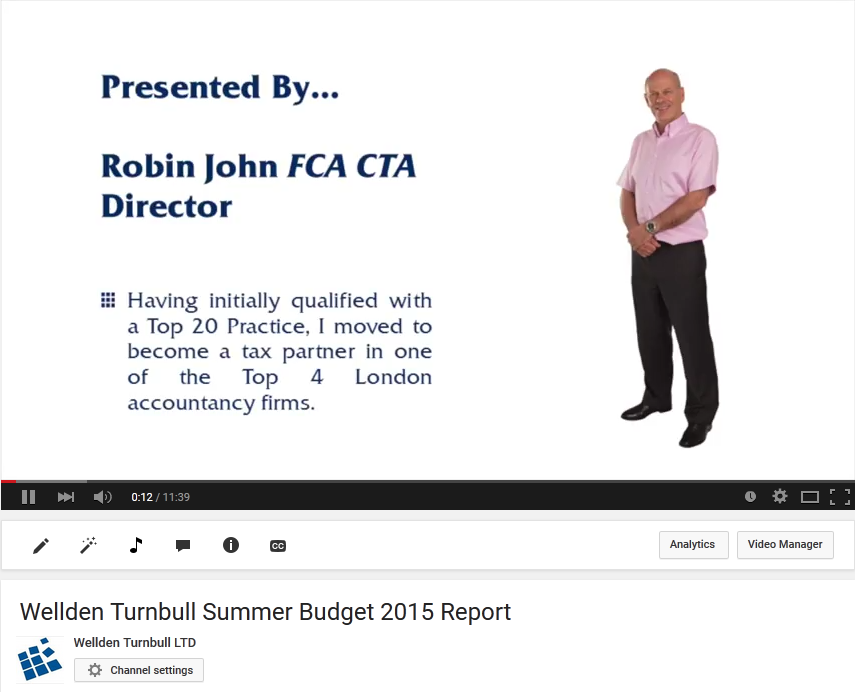A comprehensive plan to improve the productivity of UK businesses has been published by the Treasury.
The policy document identifies 2 areas that the government regards as key to stimulating productivity in the UK: long term investment and a dynamic economy.
Long term investment
The government has the aim of cutting £10 billion of red tape by 2020. Long term investment will be generated through tax reform, innovation and upgrading infrastructure:
- Business investment
Lower corporation tax rates, lower personal taxes and more generous capital allowances will support long term business investment. - Skills
Increasing emphasis on apprenticeships and building a globally-recognised university system will combat the skills shortage. - Infrastructure
Upgrading transportation, energy and digital infrastructure is essential to bringing the UK economy into the 21st century. - Innovation
The government will continue to invest in scientific and technological innovation.
A dynamic economy
Labour market reforms, increased support for exports and deregulation have been identified by the government as essential to promote a dynamic economy:
- Market reform
Planning permission reforms, lower state welfare and more employee benefits such as free childcare have been outlined by the government. - Finance
A New Bank Unit within the Financial Conduct Authority and Prudential Regulation Authority will ensure finance is provided for productive investments. - Competition
The government has committed itself to cutting £10 billion of red tape and exporting £1 trillion worth of goods and services by 2020.
Business Secretary Sajid Javid said:
“This is a bold and ambitious plan, to achieve our vision of a more dynamic economy, with a business environment that fosters long-term investment, raising our living standards and become the best of all the major economies by 2030.”
Daniel Godfrey, chief executive of The Investment Association, said:
“It is crucial that Britain solves its productivity problem so that the economy can deliver rising standards of living and healthier public finances.”
Talk to us today about improving your business processes.

